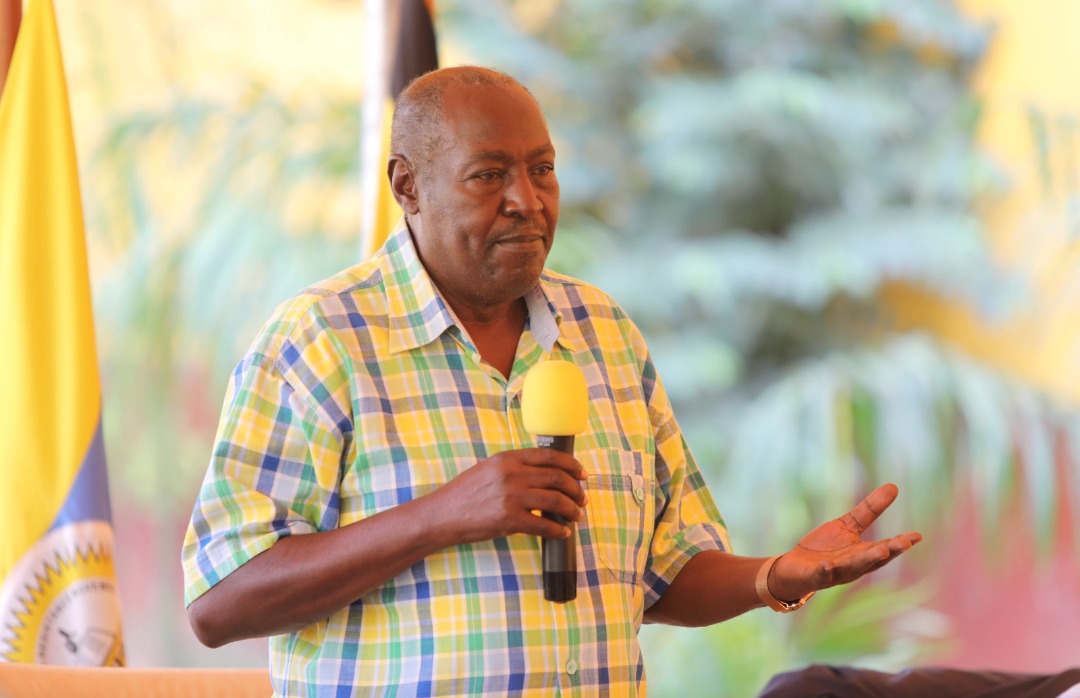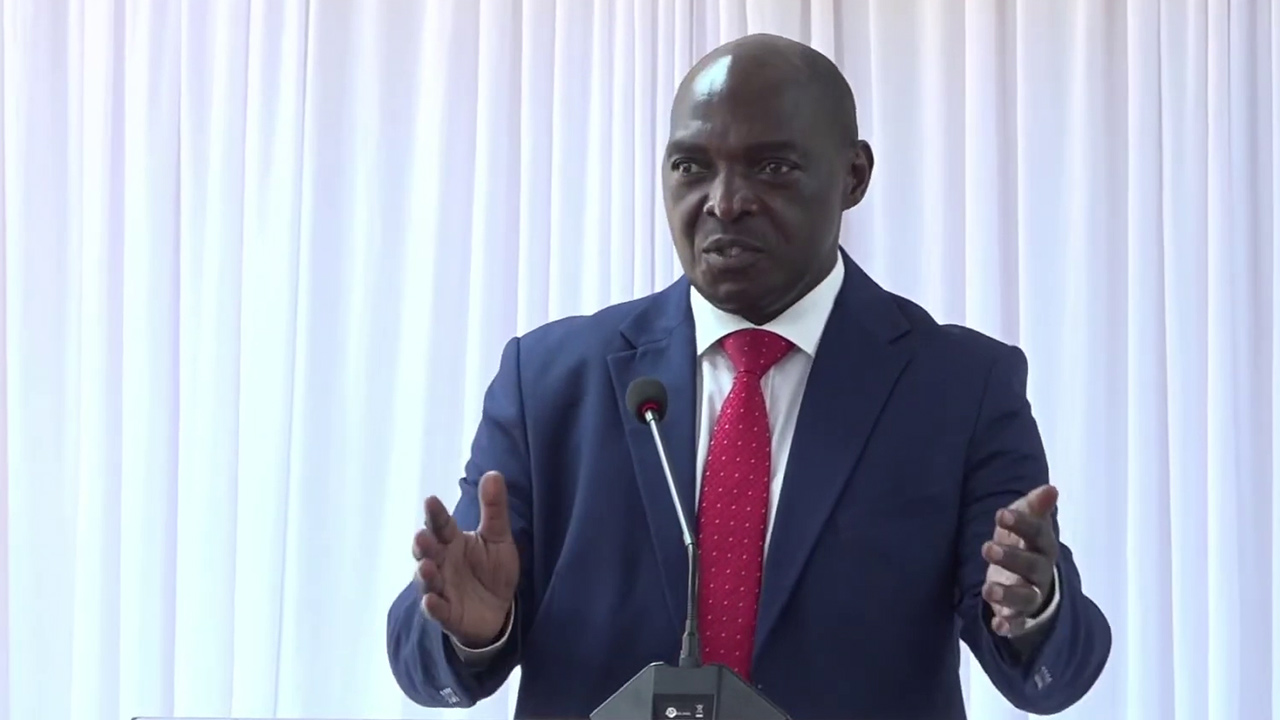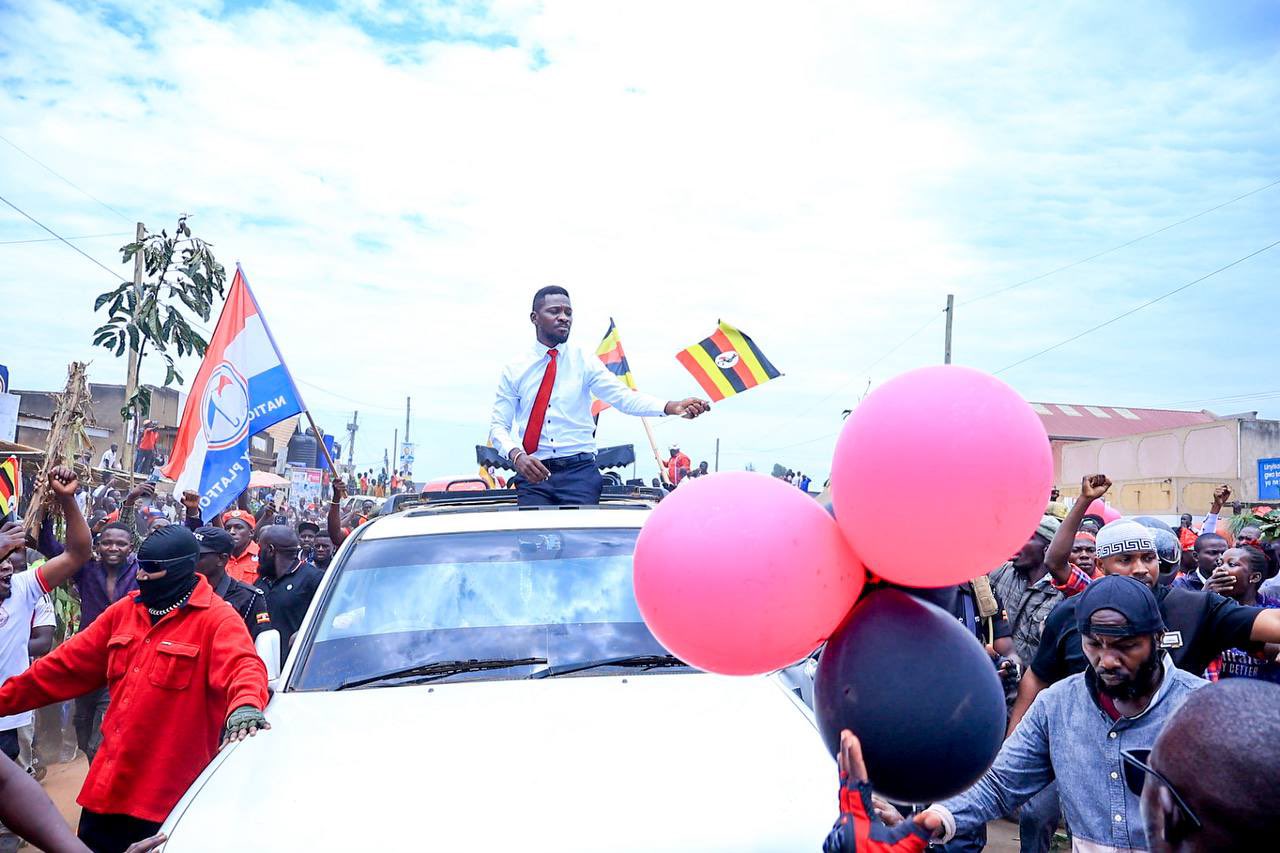NRM vs NUP: How do the two manifestos compare with each other – a quick match up of the two documents
Whether Ugandans opt for stability or a fresh start will be decided at the ballot box in 2026.

As Uganda heads into the 2026 general elections, the ruling National Resistance Movement (NRM) and the opposition National Unity Platform (NUP) have both unveiled manifestos that outline sharply different visions for the country’s future.
Stability vs Reset
The NRM manifesto, launched by President Yoweri Museveni under the theme “Protecting the Gains and Securing a Qualitative Leap into High Middle-Income Status,” emphasizes continuity. It argues that Uganda’s peace, security, and economic growth under NRM leadership form the foundation for the next phase of transformation.
In contrast, NUP’s manifesto, unveiled by Robert Kyagulanyi Ssentamu (Bobi Wine), carries the rallying call “A New Uganda Now.” It positions itself as a reset—restoring democracy, ending corruption, and dismantling what it calls an entrenched authoritarian system.
Governance and Democracy
- NRM: Frames its legacy around liberation, peace, and security. It pledges tougher enforcement against crime, reforms in land administration, and continued decentralization. Anti-corruption is promised, though critics note it has been a recurring pledge.
- NUP: Places governance reform at the core, promising to reinstate presidential term and age limits, restore judicial independence, stop the trial of civilians in military courts, and guarantee free elections. It also commits to protecting civil society and media freedoms.
Economy and Jobs
- NRM: Focuses on wealth creation through agriculture and land use. Museveni argues that Uganda’s 40 million acres of arable land can generate over 100 million jobs if fully utilized. Industrialization, exports, and infrastructure expansion are central.
- NUP: Targets 10 million jobs by 2032, emphasizing manufacturing, tourism, sports, and the creative economy. It promises tax reforms to ease burdens on low-income earners and new incentives for small businesses.
Public Services
- NRM: Commits to expanding roads, electricity, ICT, and healthcare infrastructure. It promises curriculum reforms, recruitment of 49,406 new teachers, and better pay for civil servants.
- NUP: Focuses on equal access to services, including universal healthcare, clean water, and energy. It proposes a public-school feeding program to fight hunger, boost education, and strengthen food security.
Corruption and Wasteful Spending
- NRM: Reiterates zero tolerance for corruption but emphasizes discipline and stricter enforcement within existing systems.
- NUP: Makes anti-corruption a central plank, promising to slash government excesses by reducing the cabinet, cutting the size of parliament, abolishing costly political appointments, and creating a Public Integrity Court.
Land and Governance
- NRM: Acknowledges land challenges and pledges reforms to secure ownership and resolve disputes.
- NUP: Takes a harder stance, promising to end land grabbing outright and guarantee secure land rights for all citizens.
Innovation and Global Positioning
- NRM: Highlights scientific breakthroughs, particularly in medicine, and commits to advancing Uganda’s role in regional integration through the East African Community.
- NUP: Pledges to transform Uganda into a tech-driven economy while also positioning the diaspora—responsible for over $1.5 billion in remittances—as a central pillar of development.
Climate and Natural Resources
- NRM: Stresses Uganda’s capacity to leverage agriculture and industrial growth to drive economic transformation.
- NUP: Emphasizes sustainable management of natural resources, climate resilience, and transparent governance of oil and mining revenues.
The Choice Before Ugandans
At their core, the manifestos reflect the stark choice facing Ugandans in 2026:
- The NRM offers continuity, promising to build on what it calls “steady progress” and stability achieved over four decades.
- The NUP offers change, framing the election as a chance to break with the past and reset Uganda’s political and economic direction.
Whether Ugandans opt for stability or a fresh start will be decided at the ballot box in 2026.







